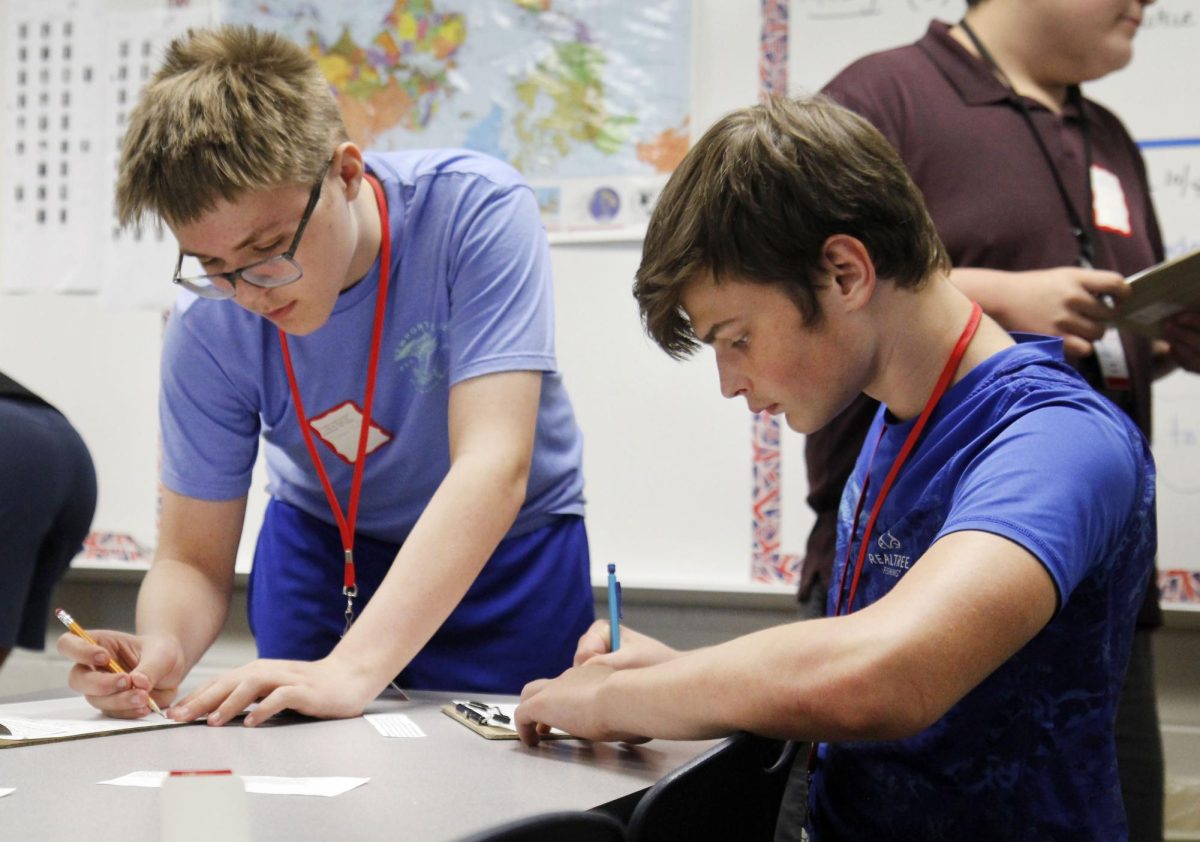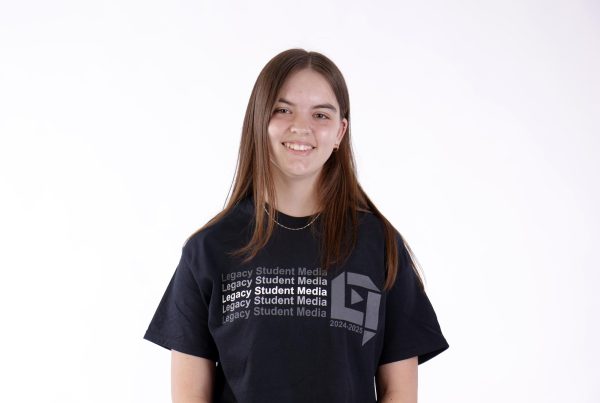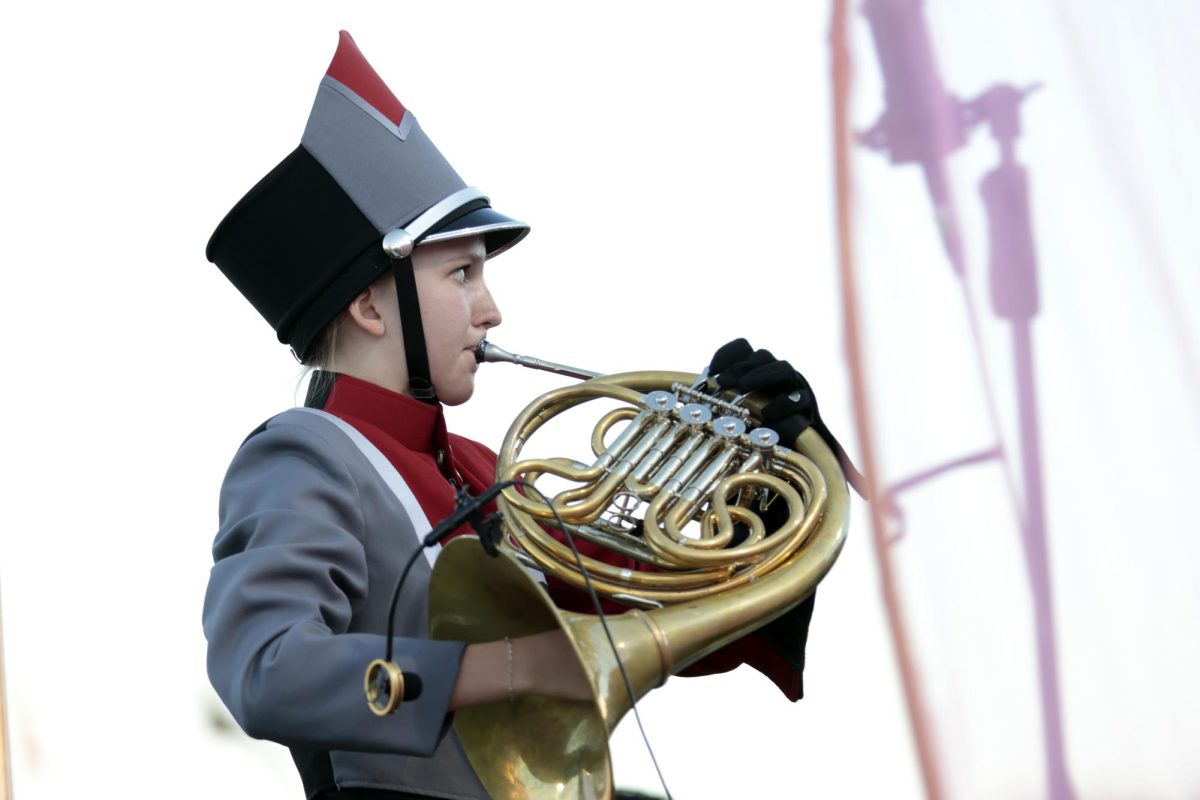Sitting at her desk with a lamp on and a blanket covering her, junior Sarah Marstaller studies for her upcoming tests. She studies every day when she gets home from school to make sure she understands all of her newly learned material.
“Although I am often busy, I find time to study by prioritizing my time. If I have committed to something like sports or clubs, I make sure not to procrastinate and do my work ahead of time,” Marstaller said. “I start studying around a week before the test. This gives me enough time to go over the material in depth.”
Marstaller uses various study skills to help her achieve high academic success. She reviews her notes, completes practice problems and teaches others what she learned. These methods vary for her based on the subject she studies.
“Studying helps me to remember all of the things I have learned, and understand the aspects of the unit that I may have missed in class,” Marstaller said. “My teachers always provide something to help me study. I always do what they have given me, as well as practicing my own methods.”
When students learn new topics, they start knowing nothing, and end the lesson with 100% of the material. They lose up to 80% of the new knowledge without reviewing new topics the next day. By day 30, about 2%-3% of the information gained is lost without studying. This is called the curve of forgetting, and Ms. Kercher, science teacher, uses this topic to reinforce the power of studying to her students.
“You have to understand the difference between studying and cramming. True studying is looking at your work 10 to 15 minutes every night versus cramming is looking at it for an hour the night before,” Ms. Kercher said. “I suggest studying every day, or at least every day. Even if it’s just rereading your notes, do something to help yourself.”
Mr. Kercher teaches Advanced Chemistry, AP Biology, and she taught Advanced Biology in previous years. She is also the Science National Honor Society sponsor and believes in the importance of using studying to help your grades and performance in class.
“I’m a broken record with my freshman. Study, go home and study for 10 minutes over what you learn in class. Go home and look at it,” Ms. Kercher said. “Tell your parents what you learned in a dinner conversation.”
Studying helps increase students’ academic success if they use the right tactics and start in enough time to be truly studying as opposed to cramming the information. Learning what study methods work best will greatly impact the knowledge retained.
“I wish somebody had told me this study strategy when I was in school because it would have helped a whole lot,” Ms. Kercher said. “Look at your notes even if it’s just on the car ride home or ride to school. If you just do what you’re supposed to do in class and put it away and never look at it again, you’re gonna forget it.”










